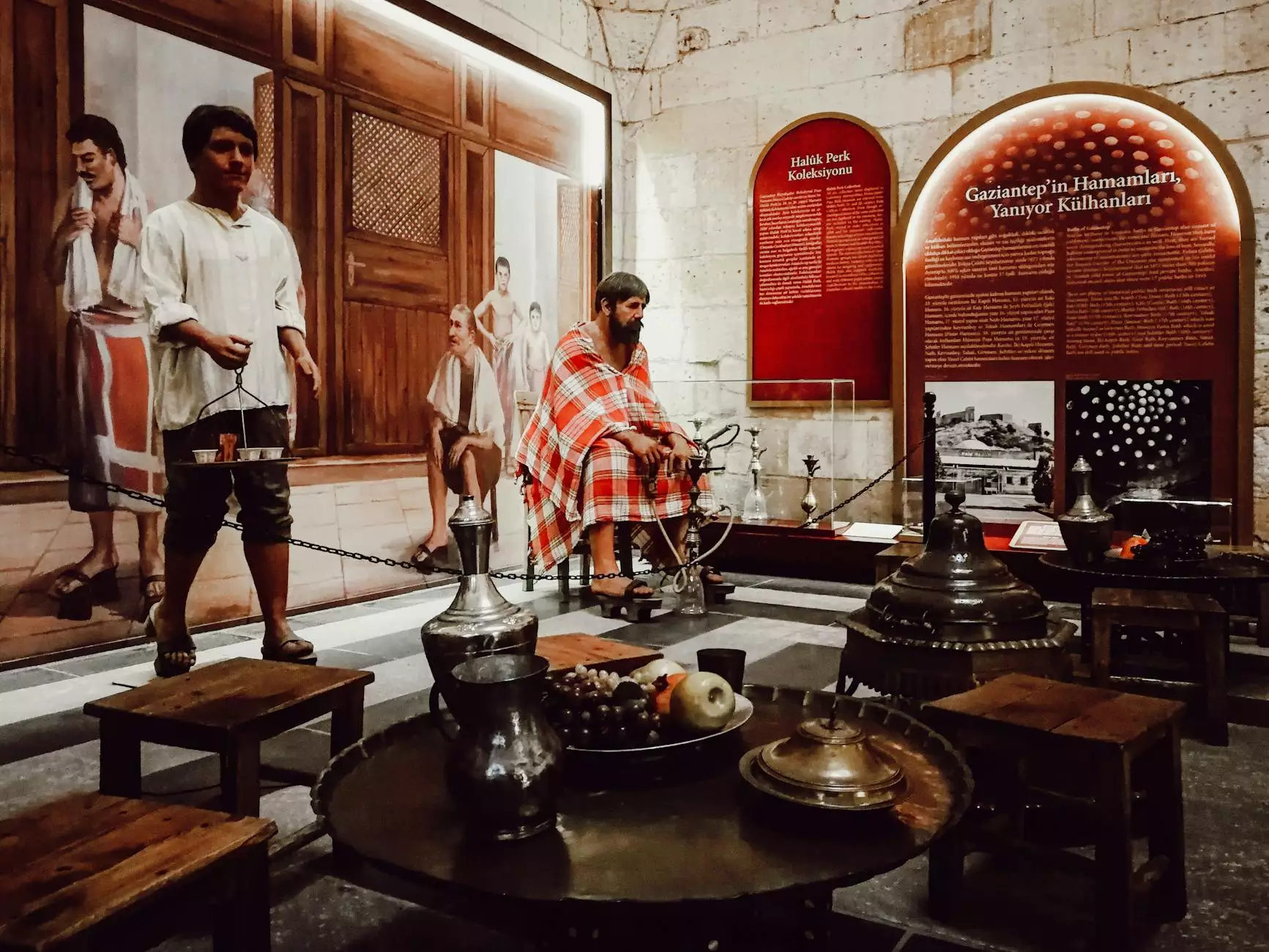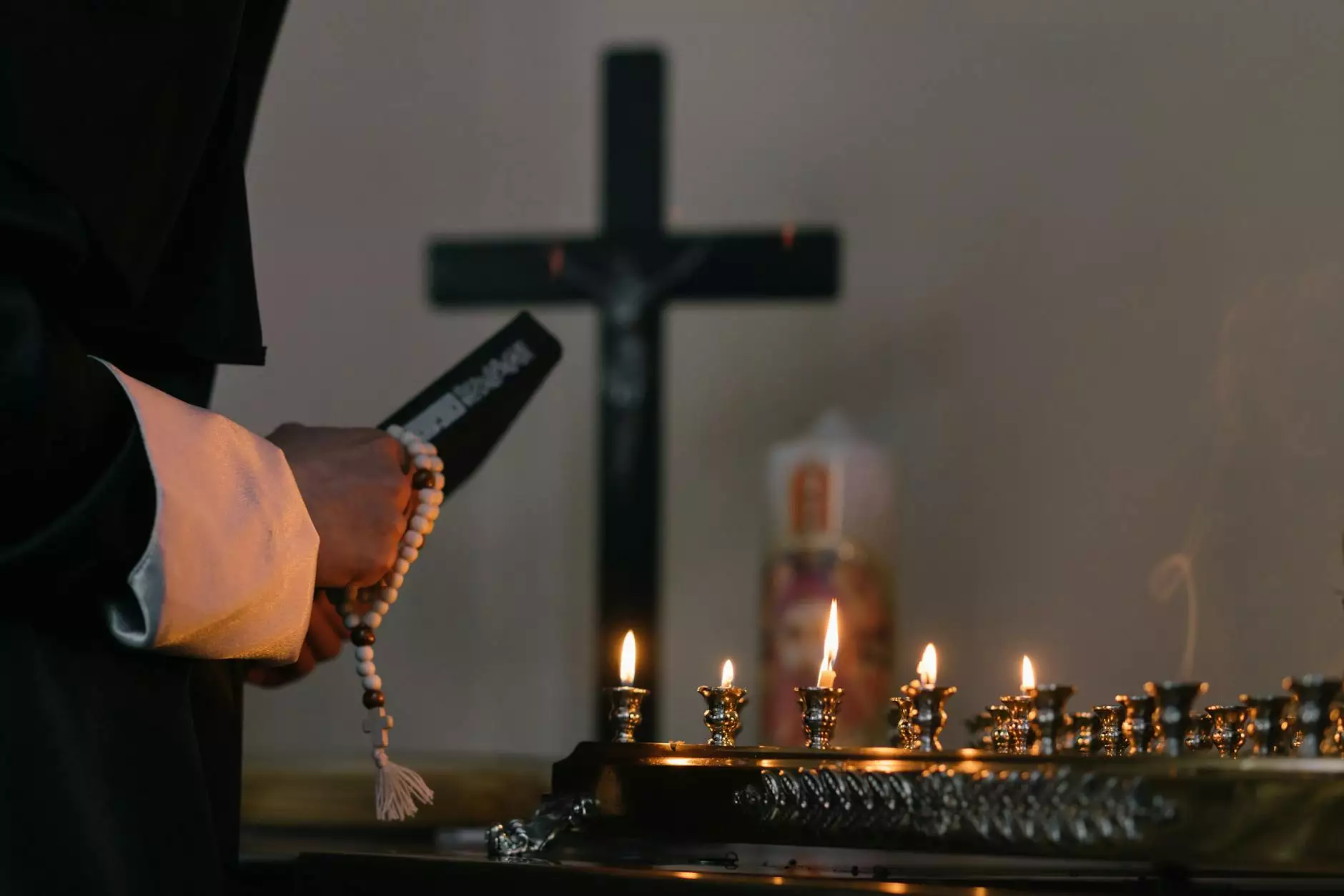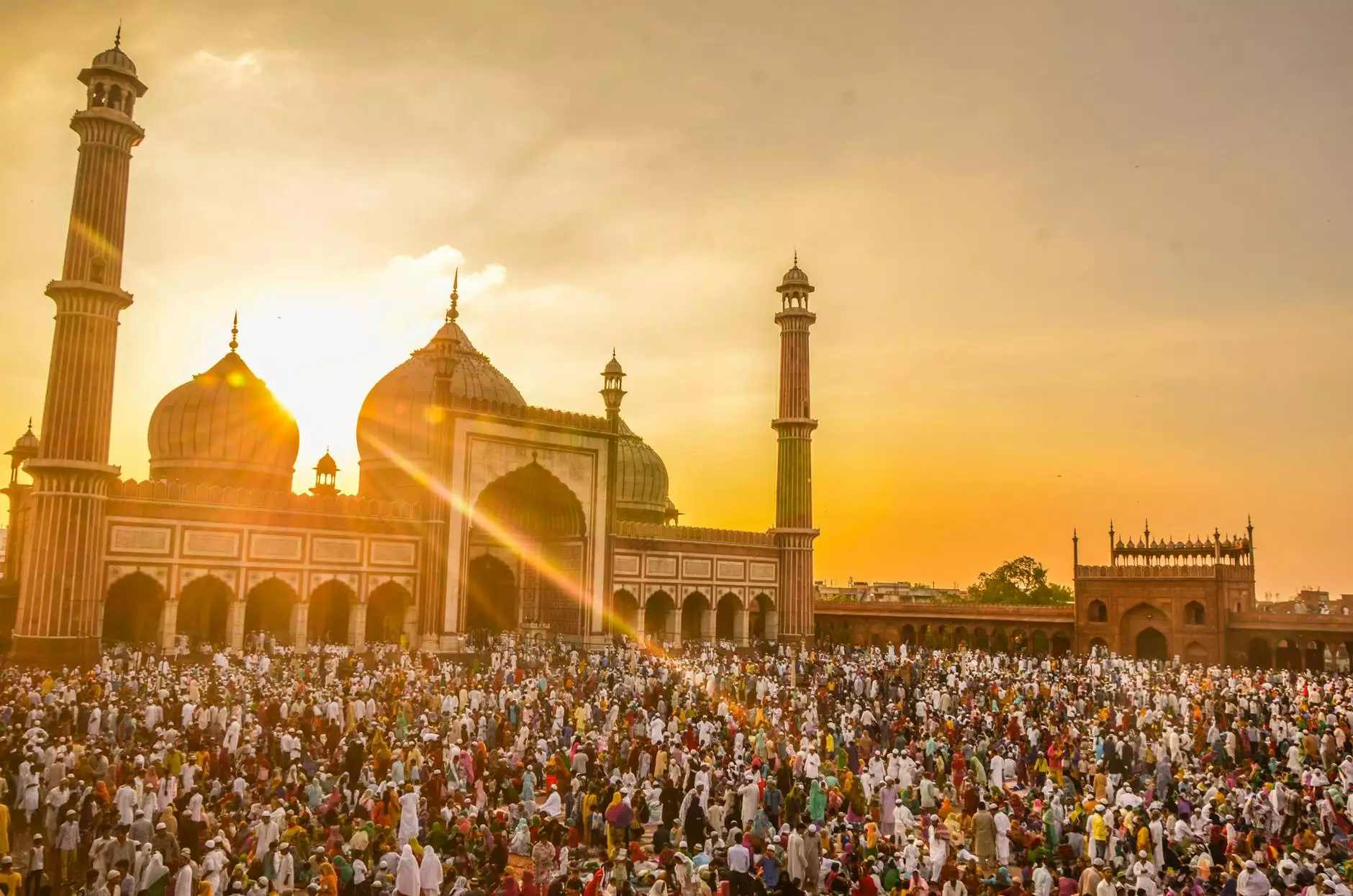Shavuot Guide

Introduction to Shavuot
Welcome to the Shavuot Guide by Solomon Schechter Day School, a comprehensive resource to help you understand and celebrate Shavuot within the Jewish community. Shavuot is a significant Jewish festival that commemorates the giving of the Torah to the Israelites at Mount Sinai. It is a time of great joy and spiritual renewal for Jews around the world.
The Significance of Shavuot
Shavuot, also known as the Festival of Weeks, occurs fifty days after the second night of Passover. It holds immense religious and historical importance for the Jewish people. Shavuot marks the momentous occasion when God revealed the Ten Commandments and the Torah to Moses atop Mount Sinai. The receiving of the Torah established the covenant between God and the Jewish people, shaping both faith and beliefs.
Celebrations and Customs
Shavuot is observed with various customs and traditions that have been passed down through generations. One of the most popular customs is the all-night study of Torah texts, known as Tikkun Leil Shavuot. This practice demonstrates the Jewish commitment to continuous learning and reflection. During the day, special festive meals are prepared, featuring dairy-based foods like cheesecakes, blintzes, and other delicacies. The consumption of dairy symbolizes the sweetness and richness of the Torah, often referred to as "milk and honey." Additionally, many Jewish communities engage in communal prayer services and attend synagogue for special readings from the Book of Ruth.
The Book of Ruth
The reading of the Book of Ruth during Shavuot holds significant meaning. This biblical tale tells the story of Ruth, a devoted Moabite woman who embraced Judaism out of love and loyalty to her mother-in-law, Naomi. The narrative highlights the values of kindness, compassion, and acceptance within the Jewish faith. By reading the Book of Ruth, we honor the spirit of inclusion and appreciate the diverse tapestry of the Jewish community.
Shavuot in the Modern World
Shavuot continues to be celebrated by Jews all over the world, adapting to the modern context while maintaining its historical roots. Jewish families come together to observe the holiday, participate in synagogue activities, and share the joy of the festival with their children. Many Jewish schools, including the renowned Solomon Schechter Day School, organize educational programs, interactive workshops, and creative projects to engage students and deepen their understanding of Shavuot. These initiatives help cultivate a strong connection to Jewish heritage and foster a sense of community among the younger generation.
Conclusion
As we conclude this Shavuot Guide, we invite you to embrace the traditions, customs, and celebrations of Shavuot with the Solomon Schechter Day School community. Let us take this opportunity to reflect on the significance of receiving the Torah and the values it embodies. Join us in celebrating the Festival of Weeks and strengthening our bond with Jewish faith and beliefs. May this Shavuot be a time of spiritual growth and renewed commitment to living a meaningful Jewish life!









